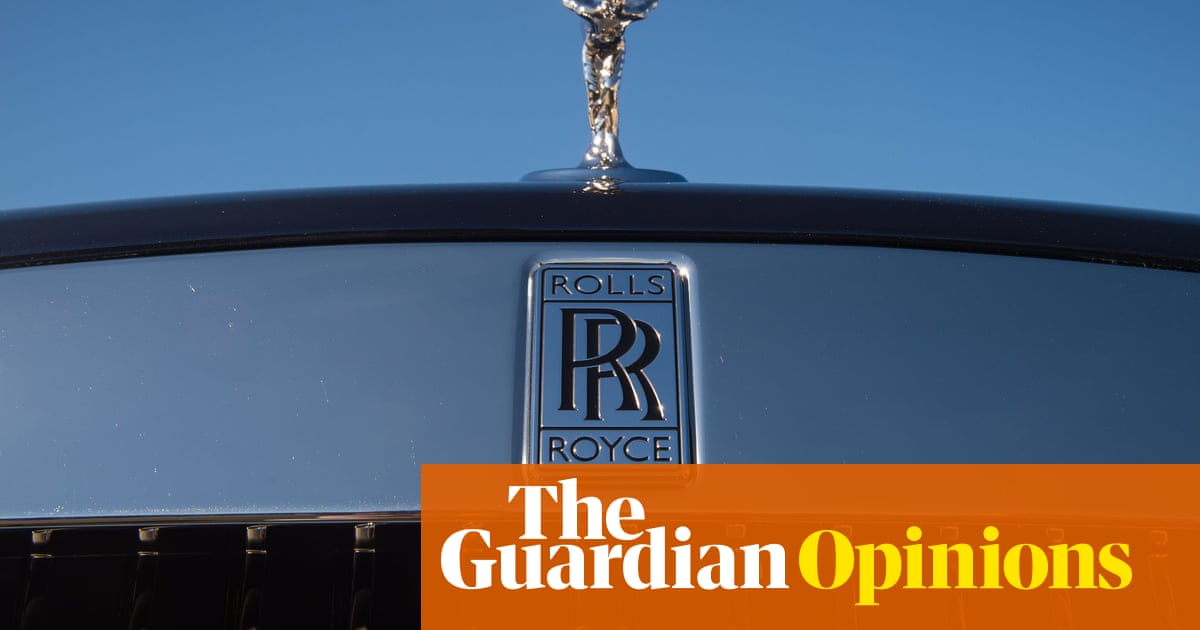Britain for the last decade has experienced a bleak paradox:risingchild poverty alongside a dramatic increase in billionaire wealth. This inequality has been tolerated partly becausegreedhas been rehabilitated asvirtue. The Billionaire Britain report, publishedthis weekby the Equality Trust, reveals what many instinctively feel but few in parliament will admit: the UK economy has become a machine for the upward redistribution of wealth.
Using Sunday Times Rich List data, the reportfoundthat the 50 wealthiest UK families now own more than the poorest half of the population combined. Their opulence is no accident. It’s largely built on the labour and consumption of those 34 million other Britons. The gains of society are being hoarded by those least in need. There’s alexiconthat sells it all as “entrepreneurial spirit” and business dynamism. But the very markets that reward the wealthiest so handsomely are constructed and policed by the state. Governments entrench intellectual property rights, strengthen legal monopolies and write policies that benefit banks andasset markets.
Austerity was imposed on the many, even as a decade of quantitative easing createdfiscal spacethat could have been used for public good. Instead it enriched the already wealthy by inflating property andshareprices while tax cutsbenefitedthe rich. A smallcorrectionto pandemic-driven gains for the billionaire class signifies no major shift. Their fortunes are 10 times larger today than they were in 1990.
Louis XIV’s finance ministersaidgood tax policy plucks the most feathers with the least hissing. It was suggested that the government’s small-scale tax rises had triggered a full-blown squawk. More than 10,000 millionaires, it wasreported, had fled the UK in 2024. The source? Not actual migration data, but a firm selling second passports to the nervous rich. It is hard to not think such a company feeds on tax panic. Its numbers appear more astutemarketingthan solid evidence. Labour should be immune to such public relations stunts.
Billionaires do not emerge in a vacuum. They are the product ofdeliberatechoices. Property speculation, inheritance laws and tax avoidance schemes are not spontaneous market outcomes. They are often lobbied for by people with access to government, on behalf of those who stand to profit. It’s no accident, then, that over aquarter of UK billionairesbuilt their wealth through property and inheritance, and another quarter through finance – sectors that rely on rent extraction more than innovation.
The rich get richer because political leaders protect that growth – often in service of their ownambitions. A Britain governed in the public interest must not defer to a plutocratic class. There needs to be a break with the current model. Politicians could, as a start, take up Tax Justice UK’s idea for a 2%wealth taxon assets over £10m. Campaigners say this would raise £24bn annually – enough to begin repairing broken Britain. Oxfam says78%of the public would support such a progressive levy.
Yet such proposals are still framed as radical. What’s radical is that monopoly profits end up in private hands while the state can’t fund public services. It is inescapably true that the rules have been written to benefit a tiny elite. They can be rewritten. If not, then the cost to society risks being paid inpopulist anger, democratic decay and a long-term loss of trust.
Do you have an opinion on the issues raised in this article? If you would like to submit a response of up to 300 words by email to be considered for publication in ourletterssection, pleaseclick here.
